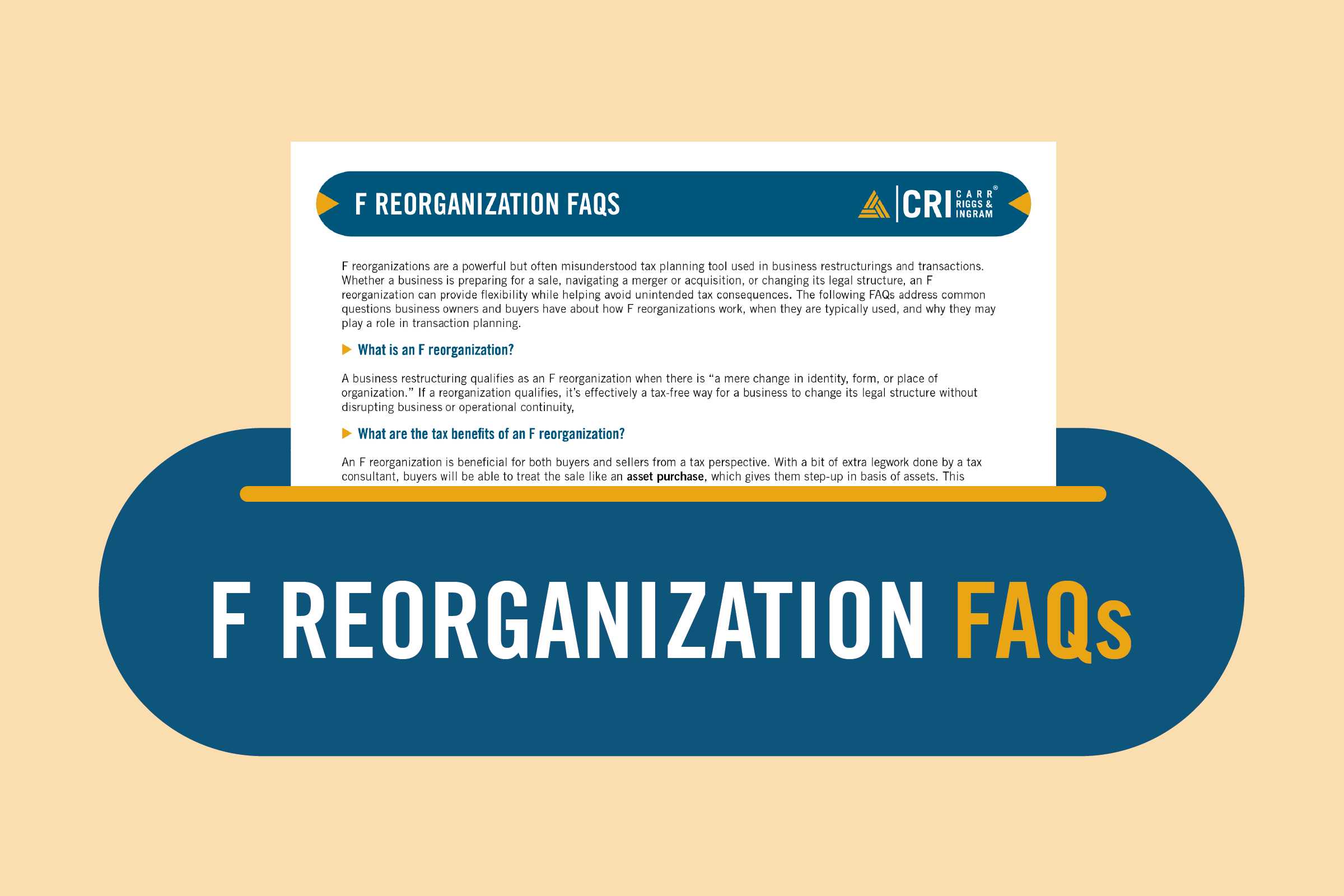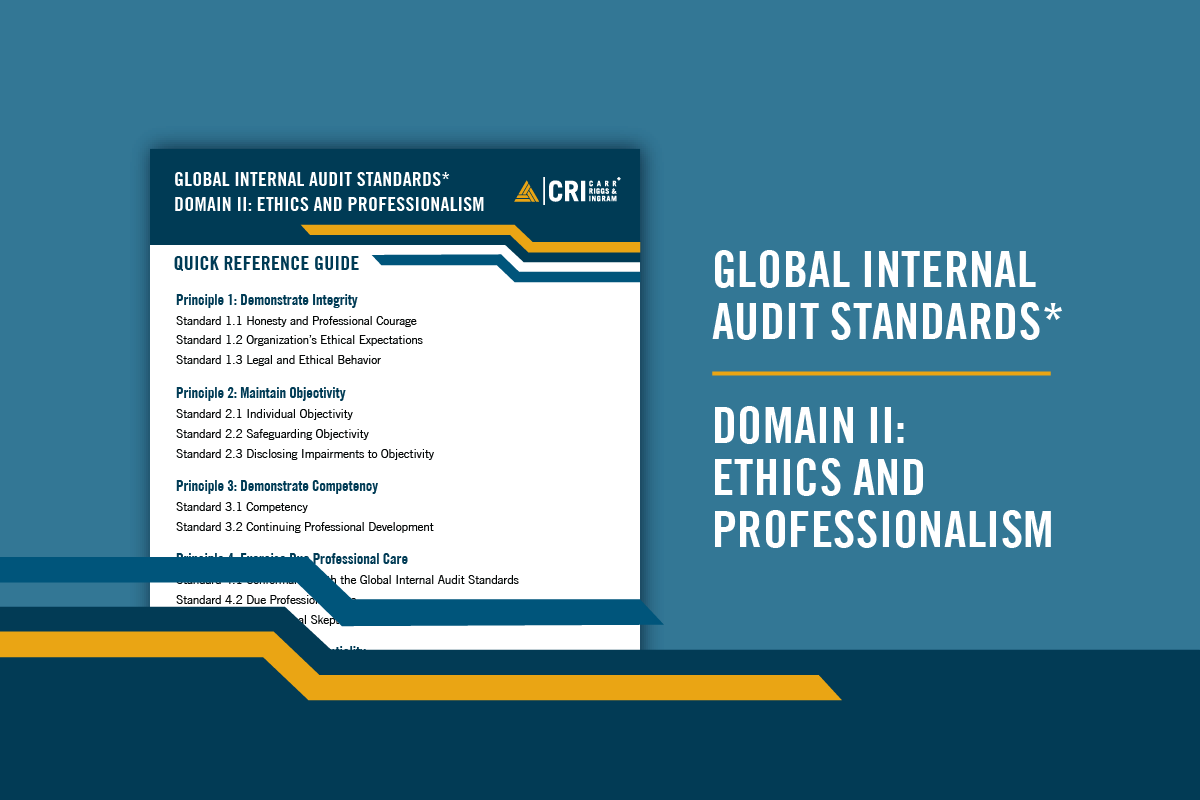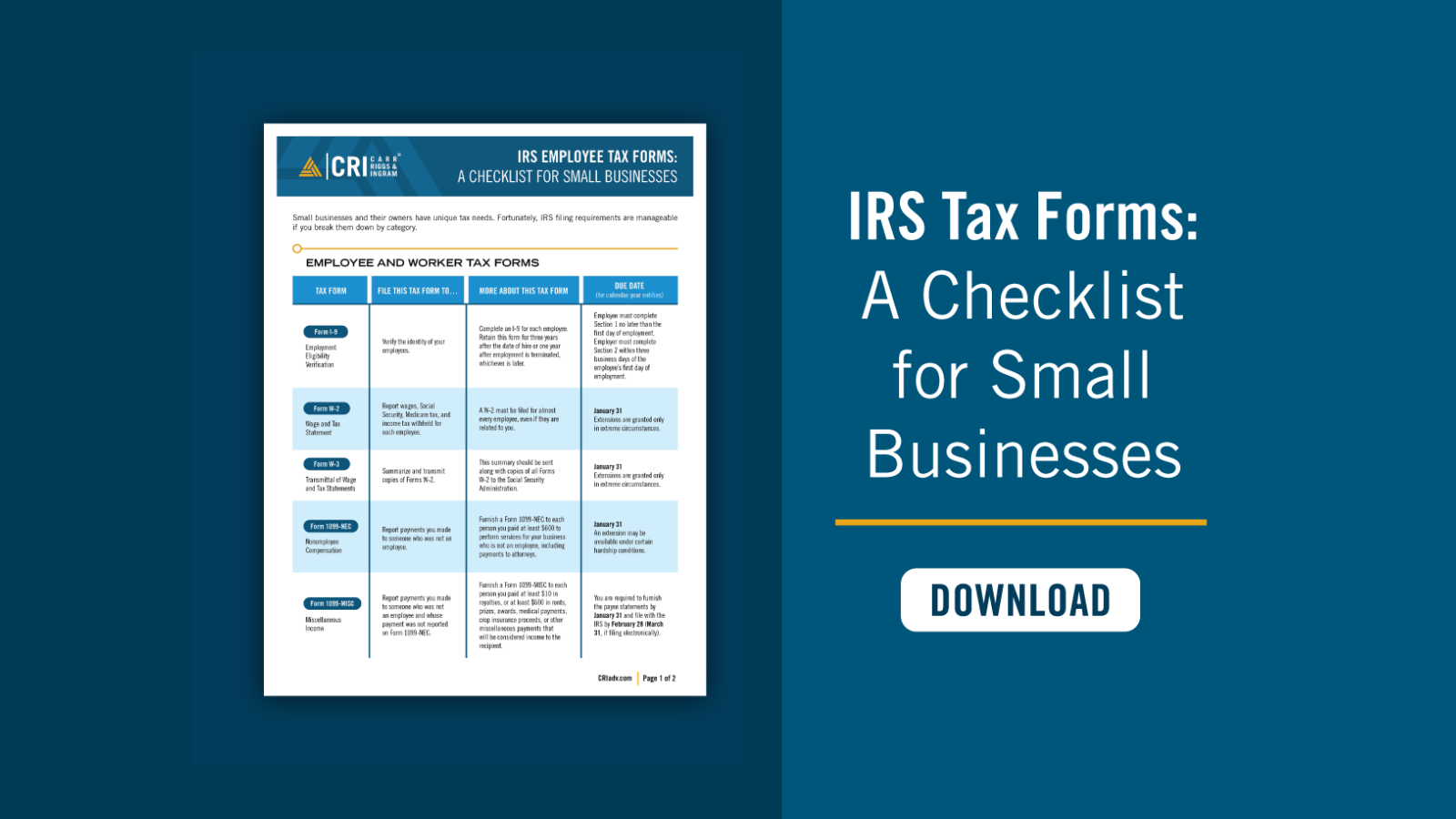Keeping the Business in Family Business
- Contributor
- Esmeralda Yniguez
Aug 18, 2025
Managing the “family” side of a family business is rarely simple, especially as new generations enter the picture. What begins as a single vision built on hard work can quickly become more complicated: siblings competing for leadership, older relatives facing health or succession challenges, and shifting dynamics from marriage, divorce, and new children. Over time, the business may evolve in ways the founders never anticipated, shaped as much by family relationships as by strategy or market forces.
As families grow, so do their complexities. Without clear boundaries, personal conflicts can spill into the workplace, blurring the line between what is best for the family and what is best for the business. Even well-intentioned decisions—such as informally handling ownership transitions or favoring one sibling for a key role—can create lasting tension and uncertainty.
Protecting Both Family and Business
To keep family problems from becoming business problems, it is wise to establish a formal framework for how the family interacts with the business. This framework should address roles, responsibilities, and decision-making processes in a way that promotes fairness and transparency. A formal policy or agreement provides clarity, sets consistent expectations, and helps protect both the business and family relationships from unnecessary strain.
Such agreements often take the form of a:
Shareholders’ agreement: The shareholders’ agreement addresses what will happen in the event of the death, disability, or departure of a shareholder. Families can write language into a shareholders’ agreement to prevent the possibility of non-family “in-laws” becoming voting partners in the business.
Prenuptial agreement (or prenup): A prenup can work in conjunction with a shareholders’ agreement to prohibit non-family partners from becoming voting partners. For instance, a company’s shareholders’ agreement might stipulate that in order for a family member to remain a voting shareholder, he or she must sign a prenuptial agreement with the spouse-to-be. Making the prenup a standard requirement helps to prevent hurt feelings by making it clear from the start that such an agreement is part of the deal and applicable to everyone.
Will: A will can alleviate any questions about what happens to company shares if a shareholder passes away, making a will especially helpful in the case of second or subsequent marriages. For example, if a shareholder has children, marries a spouse with children of his or her own, and bears more children with the new spouse before passing away, then the estate can get messy. However, if the shareholder has a will in place, then it will likely mitigate potential disputes.
Trust: For family members with special needs, a trust can protect assets, including company stock. Having a frank discussion with financial advisors should help business owners find options for taking care of relatives with disabilities, addiction problems, or other issues.
Incorporate Family Employment Policies
Another way to keep the “business” in “family business” is to create employment policies that set clear expectations for family members. A written policy allows shareholders to act objectively and leaves little room for accusations of favoritism. Solid family employment policies address the following:
Education. Specify the type of training or education required of family member employees. If the family business is in an industry that requires certain licenses or degrees, then consider establishing that family employees must earn degrees and pass licensing or board exams within a certain timeframe.
Work experience. Many businesses require that family members work elsewhere for a period of time before they are allowed to join the family business. This requirement gives young relatives a chance to develop good work habits, see how other companies are run, and prove themselves on their merits rather than only on their names.
Career path. Integrating family members into the business can be challenging. A good approach is to rotate family members through different areas so they can get a big-picture look at how the company runs. Other family businesses start everyone in entry-level jobs and expect them to work their way up to the management level. Some family businesses even assign non-family mentors to help groom young relatives for executive positions.
Compensation. Most compensation specialists advise offering a combination of a market-based salary with ownership opportunities to family employees when appropriate. This approach helps those employees realize that their value to the company is based on job performance rather than on bloodline. At the same time, it helps to ensure that wages are fair across the board – and, in turn, helps keep valuable non-family employees content. By contrast, ownership benefits issued through dividends and distributions reward relatives for their place in the family and do not need to be tied to employment.
Fringe benefits. Perks such as club memberships, vacations, use of company vehicles, and family-friendly loan arrangements should be carefully spelled out.
Build Strong Controls and Plan for Future Talent
Clarity and trust are must-haves for sustaining a family business. Establishing internal controls with clearly defined procedures for segregation of duties, approval workflows, and performance reporting helps support sound decision-making while providing transparency to both family stakeholders and non-family employees.
In addition, continuity planning requires looking beyond the family circle. While the next generation builds knowledge and experience, consider bringing in external talent to strengthen leadership and ensure long-term stability. Combining internal stewardship with outside expertise positions the business to adapt and grow through transitions.
Carefully Managing Your Family Business
As you draft family agreements, remember that decisions made for one family member set expectations for all. These policies can be challenging to establish, but they provide far greater clarity than leaving the fate of family business shares to the courts. If you need support navigating these complexities, connect with your CRI advisor. We help family businesses put the right structures in place to align leadership, governance, and operations—laying the foundation for lasting success.






































































































































































































































































































































































































































































































































































































